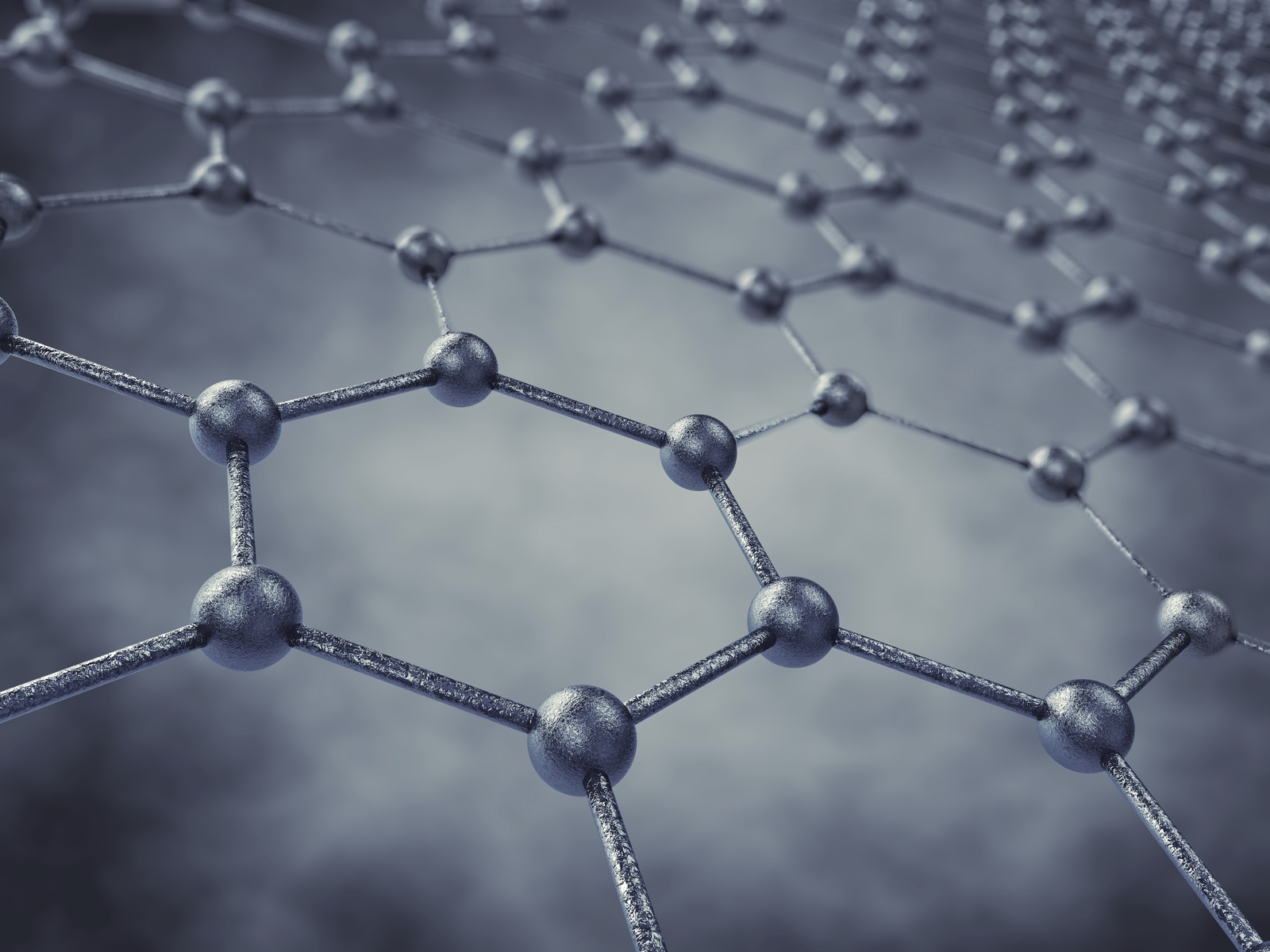Instead of batteries, a new cell phone harvests the few microwatts of power it needs from a different source: ambient radio signals or light.
Researchers were also able to make Skype calls using the battery-free phone, demonstrating that the prototype—made of commercial, off-the-shelf components—can receive and transmit speech and communicate with a base station.
“We’ve built what we believe is the first functioning cell phone that consumes almost zero power,” says Shyam Gollakota, an associate professor of computer science & engineering at the University of Washington and coauthor of the paper.
“To achieve the really, really low power consumption that you need to run a phone by harvesting energy from the environment, we had to fundamentally rethink how these devices are designed.”
Researchers eliminated a power-hungry step in most modern cellular transmissions—converting analog signals that convey sound into digital data that a phone can understand. This process consumes so much energy that it’s been impossible to design a phone that can rely on ambient power sources.


 Nine new issues of ECS Transactions (ECST) have just been added to the ECS Online Store for pre-order. The following issues of ECST will be published from symposia held during the 232nd ECS Meeting in National Harbor, and will be available in limited quantities for pick-up at the meeting.
Nine new issues of ECS Transactions (ECST) have just been added to the ECS Online Store for pre-order. The following issues of ECST will be published from symposia held during the 232nd ECS Meeting in National Harbor, and will be available in limited quantities for pick-up at the meeting. The
The  Scientists have created a durable catalyst for high-performance fuel cells by attaching single ruthenium atoms to graphene.
Scientists have created a durable catalyst for high-performance fuel cells by attaching single ruthenium atoms to graphene. A team of researchers has created a new material that could be used in microscopic sensors, also known as microelectromechanical systems [MEMS], for devices that are part of the Internet of Things.
A team of researchers has created a new material that could be used in microscopic sensors, also known as microelectromechanical systems [MEMS], for devices that are part of the Internet of Things. Researchers from MIT have developed a new way to extract copper by separating the commercially valuable metal from sulfide minerals in one step without harmful byproducts. The goal of this new process is to simplify metal production, thereby eliminating harmful byproducts and driving down costs.
Researchers from MIT have developed a new way to extract copper by separating the commercially valuable metal from sulfide minerals in one step without harmful byproducts. The goal of this new process is to simplify metal production, thereby eliminating harmful byproducts and driving down costs. Earth’s climate is changing rapidly. We know this from billions of observations, documented in thousands of journal papers and texts and
Earth’s climate is changing rapidly. We know this from billions of observations, documented in thousands of journal papers and texts and 